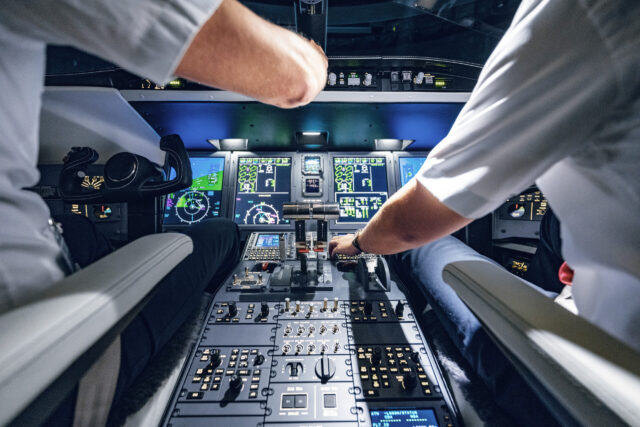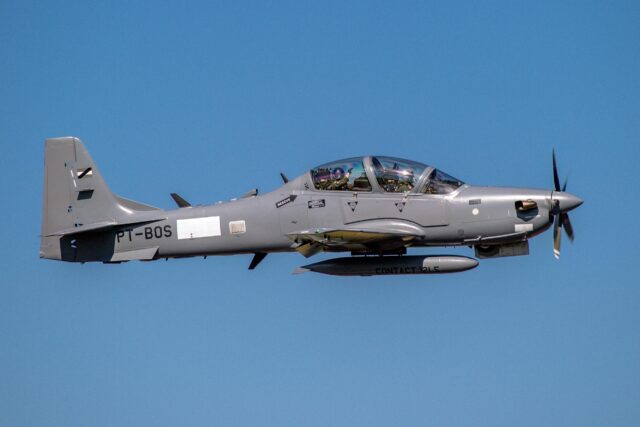
A super-sensitive passenger scanner that reveals hidden security threats is being trialled at Cardiff Airport in the UK.
The walk-through scanner, which uses space technology to image human body heat, is the result of a collaboration between Sequestim Ltd. and Cardiff University scientists.
Originally built to study the furthest reaches of the universe, the technology used is so sensitive the researchers say it could see a 100-watt light bulb at a distance of 500,000 miles (twice the distance to the Moon).
Machine learning allows the scanner to distinguish between threats and non-threats but without the need for passengers to keep still or remove outer clothing. The technology has the potential to cut queues at airport terminals as it screens people on the move. It could also impact on the effectiveness of security and help keep passengers safe.
Coping with more passengers
Globally, around 12 million passengers travel by plane every day on 120,000 flights.
“Passenger numbers are expected to double in 20 years, putting airport security facilities under immense pressure,” said Ken Wood, Sales and Marketing Director of Sequestim Ltd, a joint venture between Cardiff University and QMC Instruments Ltd.
He added: “Our scanner combines a number of world-leading technologies developed by our team here in the UK. It uses the human body as a source of ‘light’, in contrast with existing scanners which process reflected and scattered millimetre-waves while the passenger is required to strike a pose.
“Our system only needs a few seconds to do its work. Passengers walking normally through security would no longer need to take off coats and jackets, or remove personal items such as phones.”
The trial is taking place privately, by invitation only, from 4 to 7 December 2018 and will not affect passenger journeys.
The project is one of eight to receive some of the £1.8 million funding made available by the UK Government earlier this year through the Future Aviation Security Solutions (FASS) programme, a Defence and Security Accelerator competition.
Subscribe to our weekly newsletter
















